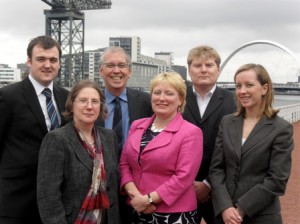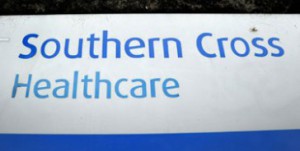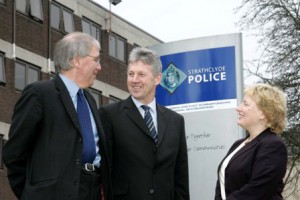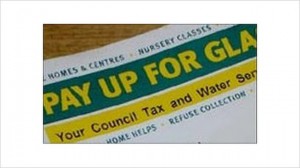
Right to left, Natalie McKee, Kenneth Elder, Katy Gordon, Robert Brown, Eileen Baxendale, Paul McGarry.
Well the Scottish Elections are now officially off the starters blocks and I thought I’d share my colleague Andrew Reeves’ post on some of the Liberal Democrats achievements so far. These achievements have improved people’s lives and that’s why I’ll be working hard for my colleagues who are standing in May’s elections to continue this good work.
“Let me just mention four of the achievements made by the new coalition government because of the Liberal Democrats being part of it (in no particular order) in just ten months;
1. The link between pensions and earnings, scrapped by Margaret Thatcher, was restored in the Coalition’s first budget. The annual increase in the state pension will be protected by a ‘triple lock’ – the rise will be in line with earnings, prices or a 2.5% increase, whichever is the greater.
2. We have scrapped the ID card programme. The ID card database was publicly destroyed on 11th February 2011.
3. In June’s emergency budget we increased the rate of Capital Gains Tax to 28% for higher rate taxpayers while keeping it at 18% for basic rate taxpayers. This will raise an extra £1bn and end the disgraceful situation of bankers paying a lower rate of tax than their cleaners.
4. In June’s emergency budget, we raised the tax threshold by £1,000, lifting 880,000 low earners out of tax completely (from this April). It will increase each year of the Coalition Government until it reaches £10,000, which will lift an additional 3 million people out of tax altogether.
In Scotland Tavish Scott fought for local Post Offices to receive over £1million support, last year 50 of Scotland’s Post Offices developed their business thanks to the Post Office diversification funds, a further £1 million has gone into the fund for this year.
Other concessions made to the Liberal Democrats in the Scottish Parliament budget include:
· Additional funding for FE bursaries of £15 million, spread across 2010-2011-12 to provide additional student support for current student numbers.
· Additional funding of £8 million in 2011-12 that would support an additional 1,200 college places and associated student support.
· 1,500 additional Modern Apprenticeships, including 500 places for the renewables sector, at a cost of £2 million
· 2,000 additional flexible training opportunities
That is what the the voters of Scotland are looking for, Solutions for Scotland .”






